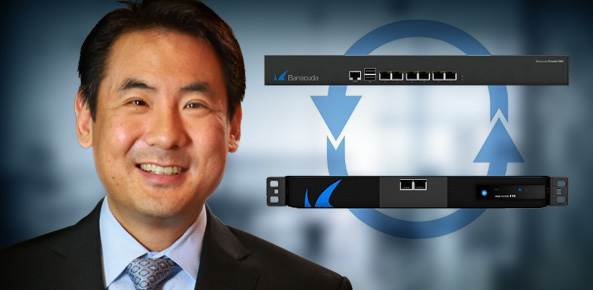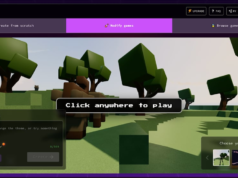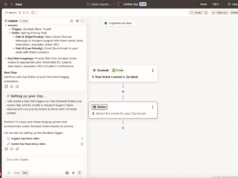Campbell, Calif.-based Barracuda Networks said it has enhanced its suite of firewall products, improving support for transparently redirecting traffic and thus enabling easier integration between discrete firewall and Web security appliances.
Barracuda Web Filter now has an upgraded application engine for more advanced accuracy and detection, enabling application visibilities for organizations with legacy Layer 3/Layer 4 firewalls.
Designed for single-site, K-12 school campuses, Barracuda Firewall now supports Safe Search and YouTube for Schools — features that are often included only with dedicated Web security solutions.
Bringing Enforcement Points Together
The new Barracuda Web Filter is designed to work with the latest enhancements to the Barracuda Control Server, which provides a centralized console for unified management, control, and visibility across Barracuda appliances.
The latest Barracuda Control Server release includes: service-level configuration templates, typically used when promoting individual services across various phases of a deployment lifecycle; shared policy templates to ensure consistent security policy across multiple services within a single physical or virtual appliance configuration; and an interface that can be used to centrally manage similar and disparate product revisions across a deployment. Previously, Barracuda Control Server only supported product update management at an appliance or configuration group level.
Barracuda general manager of security Stephen Pao (pictured) said that as virtualization continues to disperse applications and data, his company has seen customers distribute security enforcement points across different parts of the network and across data centers. As a result, IT operations managers want to manage those dispersed enforcement points from a single spot.
“The enhancements made to Barracuda Web Application Firewall and Barracuda Control Server came from direct customer feedback around many of these use cases,” Pao said.
Greater Control
The Barracuda Web Application Firewall provides a front end for access control to Web applications, including single-sign on and multi-factor authentication. To increase compatibility with additional SAML (Security Assertion Markup Language) use cases, the latest Barracuda Web Application Firewall also comes with SAML-based conditional access rules to let administrators create conditional access rules based on the attributes in SAML assertions from the identity provider (IdP).
It also adds support for multiple IdPs, meaning users can now log in to protected Web applications through multiple trusted SAML providers thanks to IdP selection dialogs to specify their preferred IdPs for authentication and assertion requests.
The new capabilities let the Barracuda Web Application Firewall extend beyond simpler SAML uses for Azure Active Directory to support other SAML identity providers, including Microsoft Active Directory Federation Services and Swiss ID, according to Barracuda.
Finally, the latest version of Barracuda Web Application Firewall enhances its ability to secure JavaScript Object Notation payloads, providing greater security for REST APIs and dynamic Web applications.
Barracuda Web Application Firewall version 8.0 is available at no extra cost to existing customers on the current hardware platform with an active Energize Updates subscription. The Barracuda Web Application Firewall list price starts at $ 4,999 for the appliance and $ 1,099 for Energize Updates. An optional Instant Replacement service that provides for the replacement of failed hardware and a free refresh of four-year old hardware units, is available starting at $ 1,349 per year.
The latest version of Barracuda Control Server is available for on-premises virtual environments, including VMware, Microsoft Hyper-V, and Citrix XenServer, starting at $ 7,999 per year.







